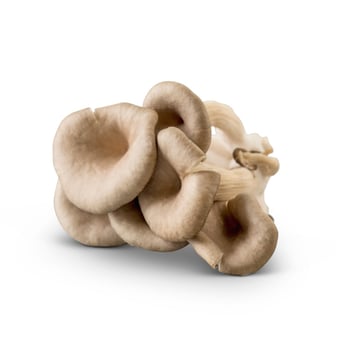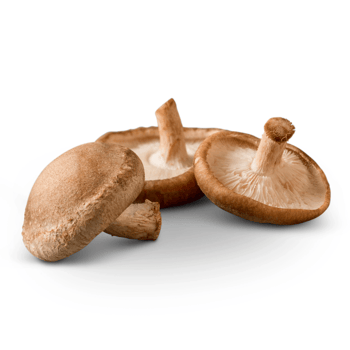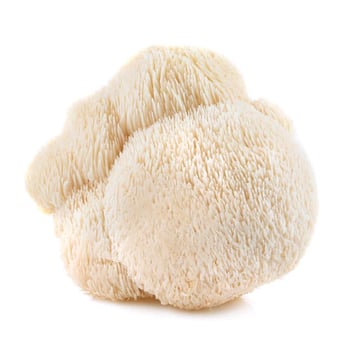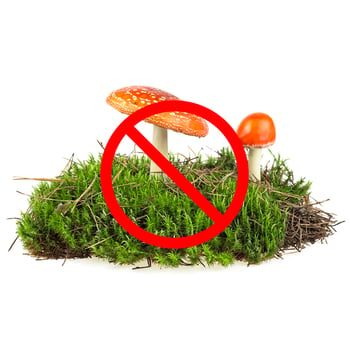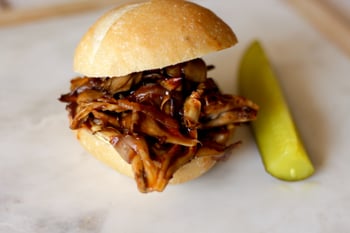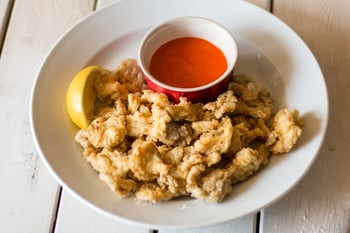Our Specialty Mushrooms
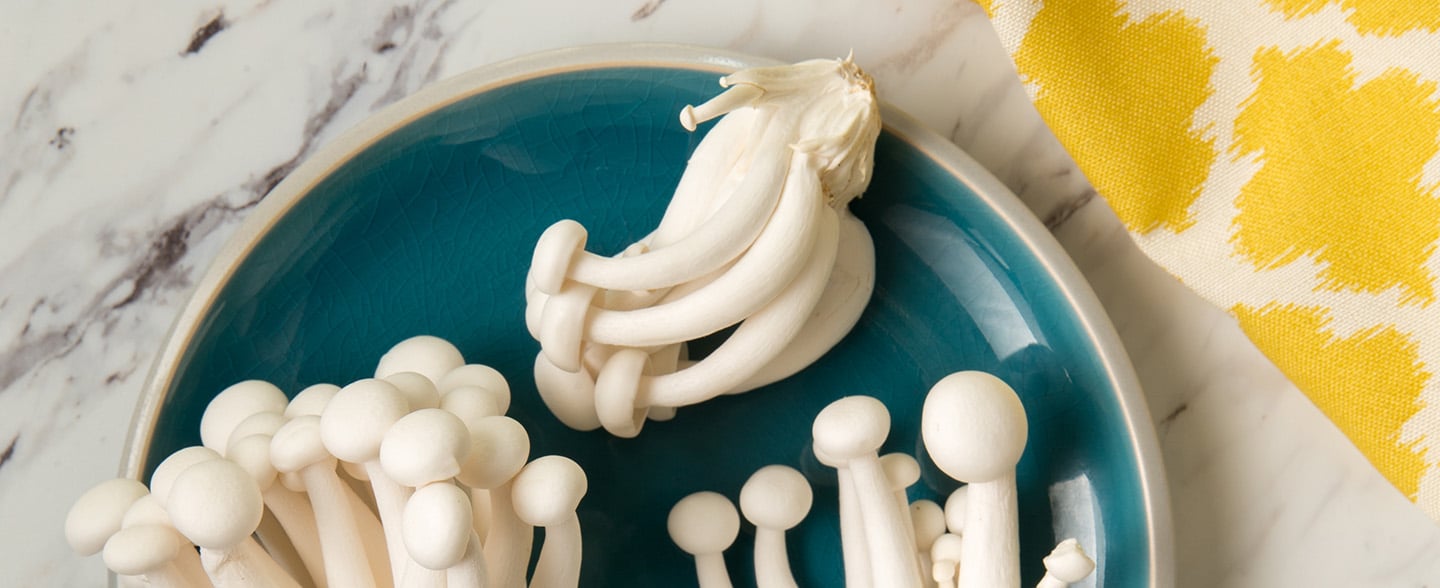


The perfect way to satisfy your adventurous cravings!
Looking for something fresh, beautiful, and fun to add to your recipes? Look no further — our specialty mushrooms are exactly what you’ve been craving! Whether you prefer a deep, woodsy flavor or a delicate taste with a mild texture, we offer a wide variety of specialty mushrooms — including Beech, King Trumpet, Lion's Mane, Maitake, Oyster, and Shiitake — to stimulate your taste buds.
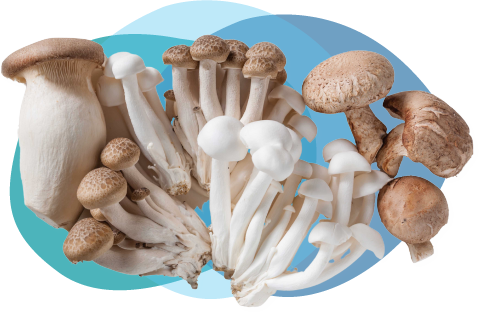
Get To Know Our Specialty Mushrooms
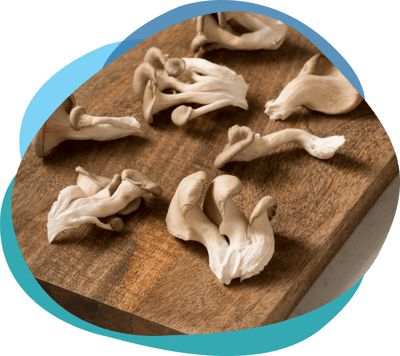
Specialty Mushrooms FAQs
Is it safe to eat exotic mushrooms?
Commercially grown exotic mushrooms you purchase in a store or are served in a restaurant are safe to eat. However, you should never eat wild or foraged mushrooms without the guidance of a trained mycologist or mushroom expert. There are thousands of inedible and poisonous varieties that often resemble non-poisonous mushrooms.
How are specialty mushrooms commonly used?
Although you may think of fine dining with gourmet meals as the perfect place to use specialty mushrooms, they are used commonly in many types of foods. In fact, specialty mushroom varieties work well in recipes ranging from breakfast to cocktails — and yes, mushroom cocktails are a thing!
With flavor profiles ranging from mild to robust and woodsy, specialty mushrooms can be added to most recipes. Check out our recipe library for delicious mushroom inspiration. You’ll soon discover that many specialty mushrooms can be used interchangeably, but the more familiar you are with the individual flavors, the more likely you are to consider flavor profiles before making a swap.
How should I wash exotic mushrooms?
To wash or not to wash? That is the question.
Specialty mushrooms don’t always come with a perfect little cap. Shiitakes and King Trumpets — varieties that have a neat cap — can be wiped down with a damp paper towel like you would for White or Portabella mushrooms. Oysters, Maitakes, and Beech mushrooms are more delicate and don’t respond well to that method. Instead, these exotic mushrooms should be rinsed briefly under running water and then patted dry with a paper towel.
Remember, wait until it’s time to cook the mushrooms before you rinse and dry them. Doing so earlier contributes to the aging process.
Find more tips for preparing and serving the freshest fungi here.
What nutrients are in mushrooms?
Mushrooms pack more than flavor; they are a nutrient powerhouse. The mushroom variety determines the specific types and amount of nutrients; in general, they are powerful sources of vitamins and minerals.
Learn more about the nutrition profile of the mighty mushroom here.
How sustainable are mushrooms?
Mushrooms are gentle on the planet; growing them requires little water or energy and produces little carbon emissions.

